Mortgage rates are now at a historic low, and a lot of people are rushing to refinance their homes to pay off other accumulated debt. In this post, I have invited a great and experienced mortgage broker Shimon Klagsbrun from Funding Source (contact details at the end of the post) to discuss when it makes sense to do so, and when you should rather look for alternative options.
In general, credit cards have the highest interest rates, typically from 11% to 29% per year. However, when you have a good credit score, you’ll keep getting 0% APR offers. Many people take advantage of these appealing offers and take out extra cash. The issue is, if your credit score is not perfect, it gets extremely difficult to get approved for new credit cards and very hard to get approved for high credit card limits. Therefore, it will make it difficult for you to be able to roll over high credit card balances to new accounts.
Typically, when someone has maxed out credit cards, the credit score will drop significantly, sometimes as low as 640-620. The problem is that no creditor will offer 0% APR cards at that point, pushing you into paying high-interest rates. In this case, you’re stuck with your poisonous debt and you can easily feel choked with all these high-interest payments.
While you can get a mortgage even with a 640 or 620 score, your rate on the mortgage will be significantly higher than one who has a 740 score. Based on my experience, it will still be a benefit to refinance and pay off your cards, even with the higher rate on the mortgage. Even a 5% interest rate on the mortgage won’t come close to the 20 to 30 percent interest rate which is usually paid for credit cards. So while the rate might not be so appealing, it will still save you a lot of interest in the long run.
This is what we have done in the past for some clients. We refinanced and paid off all the cards resulting in a great credit score. Then we refinanced again! With a new good score AND the benefit of having a “no cash-out refinance” aka “rate and term refinance”, the rate on the 2nd refinance will be a really low rate.
(To save on closing costs for the 2nd refinance, we typically do a CEMA, more on that below.)
So, let’s dive in and take a deeper look at when you should refinance to pay high credit card bills and when not.
Rule #1: You’ve Got To Look At Your Overall Savings
If you have, for example’s sake, a mortgage of $400,000 dollars, with an interest rate of 3.75% (monthly payment $1,852). If you want to refinance, you have to calculate whether you will pay a higher payment on your Existing Mortgage. If your new rate will be 4%, you will pay an additional $58 dollars per month on your existing mortgage, before even adding your credit card balances and closing costs.
(Read further why you might end up with a higher rate even with such good market rates)
In other words, you might save a lot on your credit card balances, but at the same time, you’re increasing the payments on your old mortgage. You have to take a careful look and properly asses all your payments and make sure you’re really saving money.
Rule #2: Do You Have Extra Cash?
If you have anything saved up in your savings account to pay off your credit card debt, then it might make more sense to just pay it off than refinancing. Why fix something that’s working? If your current mortgage has a good rate and you can afford it, then why play around with it.
Rule #3: How Much Is Your Home Really Worth?
When you refinance, your rate will partially depend on your home value and your new loan amount – the Loan to Value. If your existing mortgage was above 80 LTV, and your home value has not increased too much since the last mortgage, you will not get the best possible rate on your new mortgage.
When It Definitely Pays To Refinance:
When you will have a case where you can check all the boxes above then it might make a lot of sense to take advantage of the market rates and go ahead and refinance.
Real-Life Example #1:
Let’s review a real-life example from someone who closed on his refinance just this week.
Joel R. bought his home in the summer of 2016 for $650,000. He had a first mortgage of $375,000 and a 2nd mortgage of $50,000. He also had about $110,000 in credit card debt.
Here is a breakdown of what he was paying:
Mortgage – Rate 4.625: $2,097.69
2nd Mortgage – Line of credit: $313
Credit cards – Minimum payment: $1,402
Total Monthly Payment: $3,812.69
His house is located in Brooklyn and has since gone up in value, so the house is now worth approximately $850,000. Joel refinanced and took out $550,000 paying off his current mortgage, line of credit and all other credit cards. The rest went to cover closing costs and he was still left with some extra cash. His rate is now 4%, bringing his monthly payment to $2,626, a saving of almost $1,200 per month.
In Joel’s case, he had no extra cash to pay off this enormous amount of credit card debt. Also, he didn’t have such a low rate on his original mortgage, so it made perfect sense to refinance and consolidate all his debt into one affordable monthly payment.
Real-Life Example #2:
Let take a closer look at another real-life example, someone who is closing next week.
Moshe G. bought his home in upstate NY, in the summer of 2018 for $425,000. He only had a mortgage of $330,000 for a rate of 4.75%, bringing his monthly payment to $1,721.
After moving into the new home, he decided to do some renovations and add an extension. He took out a personal loan of $150,000 which he had to pay back within 2 years. Since his job is commission based, he thought he’ll be able to work harder to make that extra money to pay it off.
Since rates are so low now, he thought of refinancing. We did an appraisal and the value came in at $625,000 since the area appreciated in value, and also because of the extension which makes it be a bigger home.
His new mortgage is $485,000 to pay off the first mortgage and the $150,000 personal loan. His new rate is 3.5% with a monthly payment of $2,178. That’ just $475 more than before. This also means that he’s paying less interest than he was paying on his original loan.
Although he wasn’t dealing with high-interest credit card loans, Moshe felt it would make more sense to pay a bit more on mortgage payments than shedding out so much cash out of pocket.
Real-Life Example #3:
Cheskel bought his home in 2017 for just $250,000 with a 5% down payment. His mortgage is only $237,500 with a rate of 4.125%. His monthly payments are $1,151.
Homes in the area appreciated in value since then, and his home is now worth approximately $320,000.
He wanted to refinance in order to pay off $15,000 in credit card debt which he had accumulated over the years. After a quick analysis, we found that the most he would be able to do is $256,000 (80% of 320k). Since he didn’t have such a good credit score, his new rate would be 4.375%, bringing his monthly payment to $1,278. That’s $127 more per month, all just to pay $15,000 in credit card debt. Instead of refinancing, we recommended that he should rather pay aggressively, around $300 per month to pay off his credit cards. By following this plan, all his credit card debt will be paid in full by year number 7.
A Few Important Pieces To Remember:
Your home value is determined by an appraiser who the bank sends down. It is mostly dependent on the area in which it is.
When you max out a lot of credit cards, it may bring down your credit score resulting in a double-edged sword, because you’ll have a high rate when refinancing. In some cases, we might recommend to borrow money privately to pay off the credit cards prior to closing.
Rates for this type of mortgage, where you take out money on top of your Current Mortgage (called a Cash-out Refinance) are typically higher than when you only refinance for a better rate (No Cash-out Refinance). Hence the reason that rates will not be the best possible compared to a purchase of a “no cash-out refinance”.
Another important point to keep in mind; When you pay off your credit cards with a Mortgage, you have converted your Credit Debt from an Unsecured loan to a secured loan, meaning that the creditor now has more leverage to get their money back if you don’t pay. Unsecured debt can only be reclaimed by filing a judgment in court and then they may or may not put a lien on your property or put a garnishment on wages. But with a Mortgage, your lender already has a lien on your home so they are more secure to get their money back.
Closing Costs
Every time you take out a mortgage there are closing costs related to the transaction. Let’s try to break it down so you understand the cost.
There are 4 types of costs related to a mortgage:
- Origination/Lender Fees
- Title Fees/Recording fees
- Mortgage Tax (Applicable in NY State)
- Prepaids and Escrow
Origination/Lender Fees:
Typically, the lender/bank charges a fee to Underwrite and work on your loan. Fees are usually about $900-$1000
Then there is the fee that the Mortgage Broker charges; in some cases when rates are good enough you don’t pay anything, the mortgage broker is paid by the lender, but in cases where you want to get a better rate you but down the rate and pay an upfront fee Called “Points”. Each point is equal to 1% of the loan amount. Discuss this with your mortgage broker and make sure to understand this.
Title Fee/Recording fees:
For each Mortgage transaction, the lender requires title insurance to protect their first lien position. There are also various Searches that the title company performs and they charge a fee for it. Also, there is a recording fee for the title company to take your new Mortgage and record it in the county’s land records register.
You can calculate your title fees and almost every title company’s website.
Mortgage Tax:
This is the most brutal fee; it is mostly applicable in New York and in some other states but not in New Jersey.
Mortgage tax is a fee that you have to pay to the county when you record your Mortgage. The rate Various by county and it also depends on the property type, loan amount, and number of units.
For example; in New York City the tax rate is 1.8% for Mortgages of $500,000 and below; 1.95% for above $500,000. It can go up to 3% for commercial properties.
If you have an existing mortgage and you refinance then you can save a portion of the Mortgage Tax by Doing a “CEMA”. Read more about the CEMA Process here https://cardinalfinancial.com/2019/06/04/cema-loan/
Prepaids and Escrow:
The lender may require you to pay upfront your next Tax bill if it’s due less than 60 days from closing. The same goes for your insurance policy.
If you set up an escrow account with your lender – that they will pay your Monthly tax and insurance – they require you to put in a few months of payments in advance.
While these are not really costs, it is just money that you’re paying earlier than you would without a mortgage, but it’s still money that comes out of pocket and therefore called a closing cost.
Good luck in making the right financial choice. Make sure to carefully consider all your options before refinancing your home, ensuring there is a real tangible benefit when your refinance.
Shimon Klagsbrun
Loan Officer at Funding Source
NMLS ID 1463337
21 Robert Pitt Drive, Suite 214
Monsey, NY 10952
845-425-5363 x211

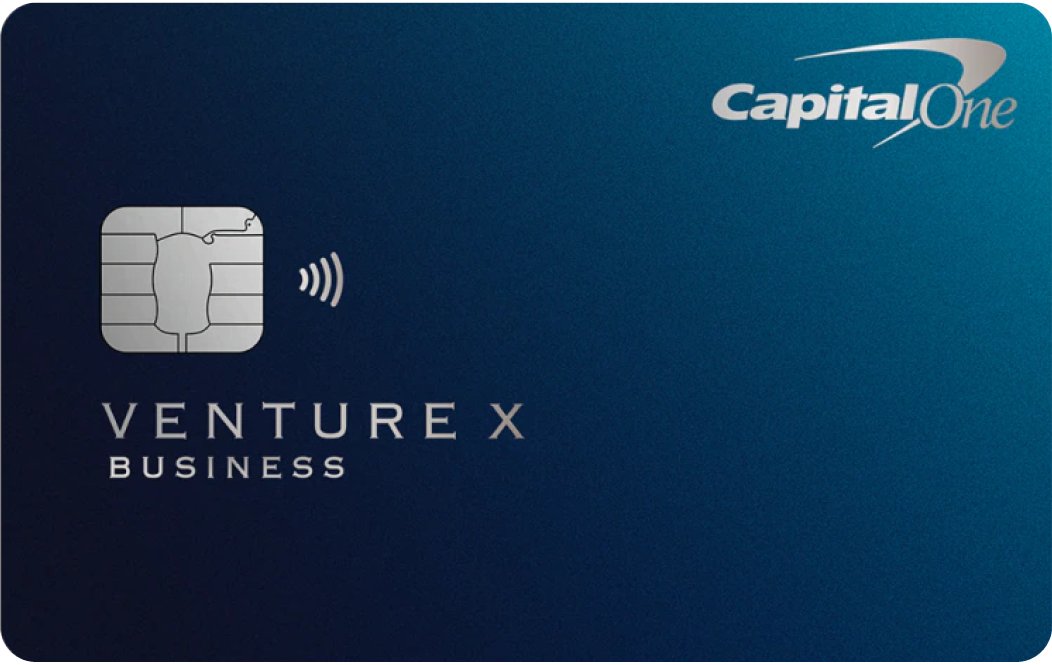
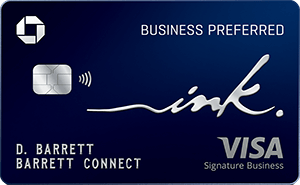
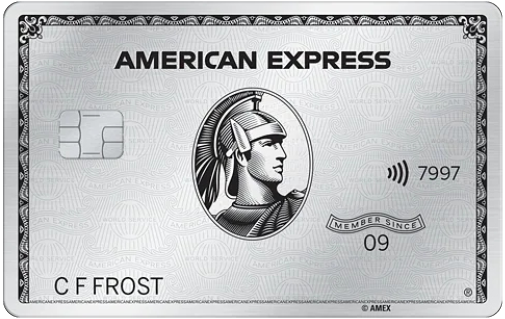
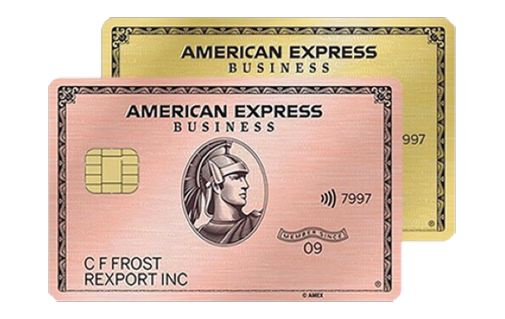

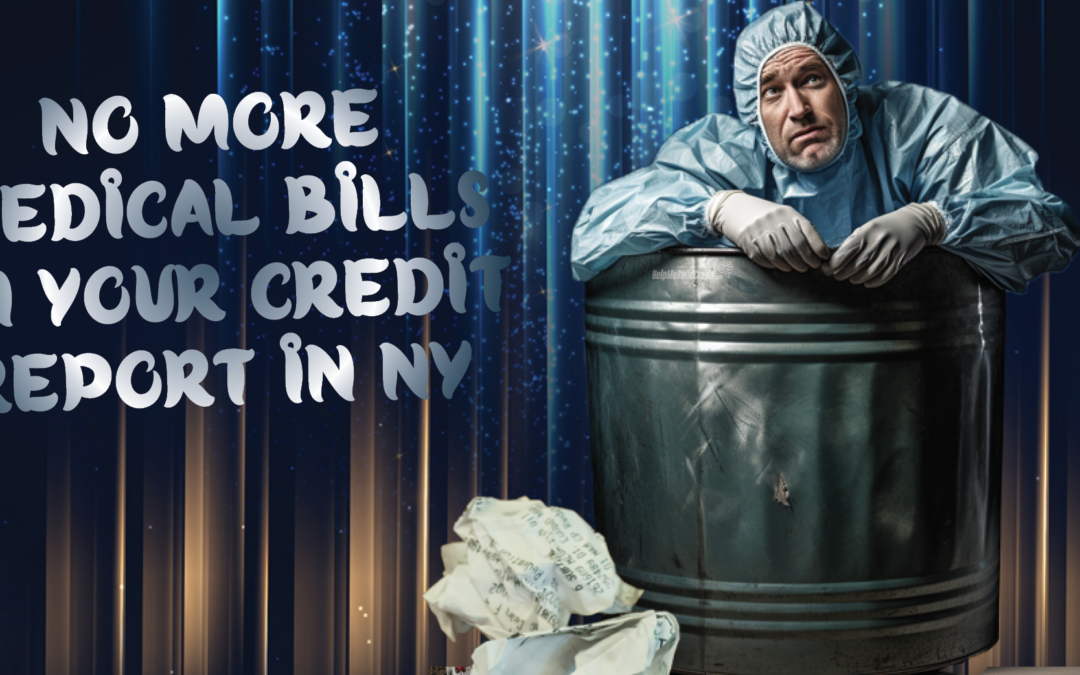

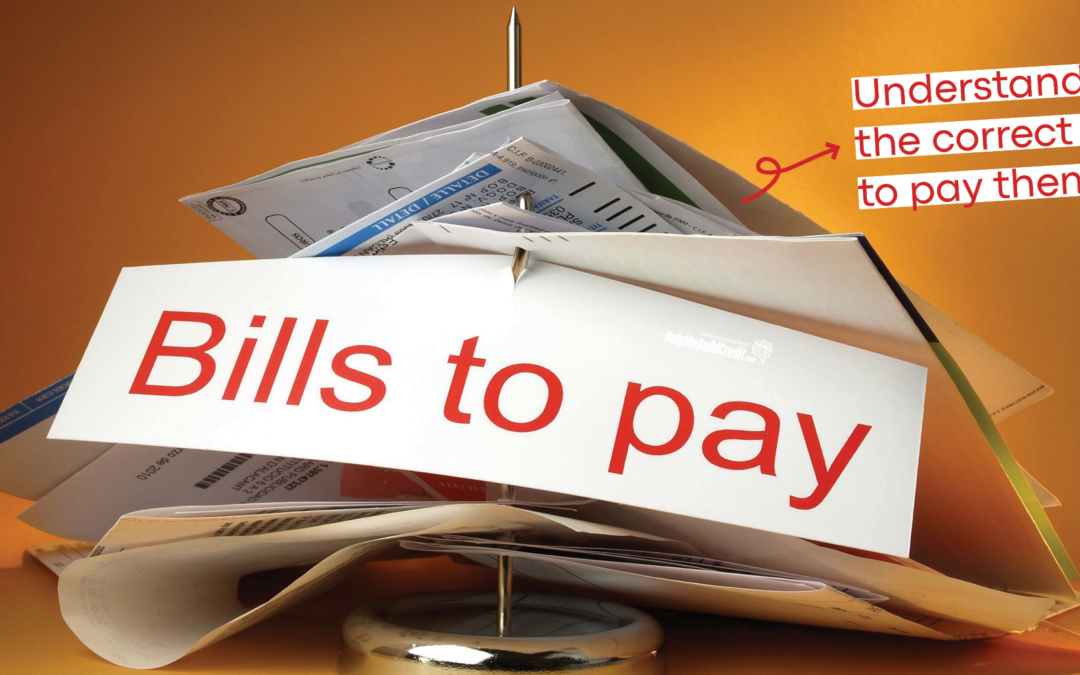


![Medical Collections Under $500 Removed From Credit Reports [Effective April 11]](https://helpmebuildcredit.com/wp-content/uploads/2023/05/post-on-medical-collection-under-500-removed-from-credit-report.png)
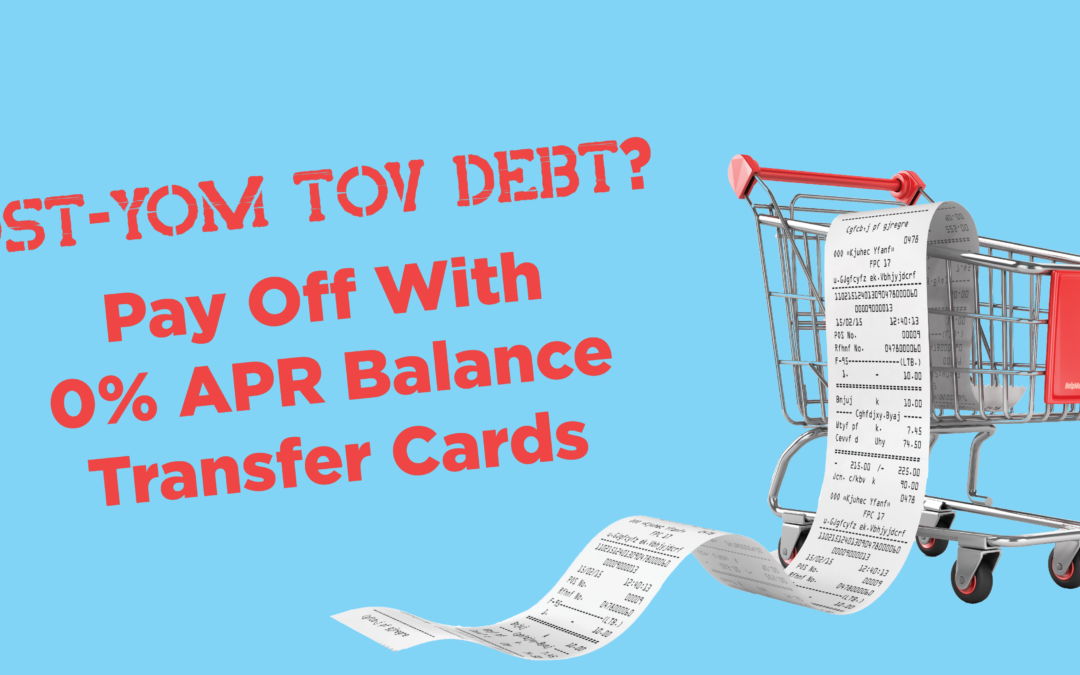
![How To Get Cash From A Credit Card [5 Great Ideas]](https://helpmebuildcredit.com/wp-content/uploads/2018/10/post-on-how-to-get-cash-from-credit-card-1080x675.png)
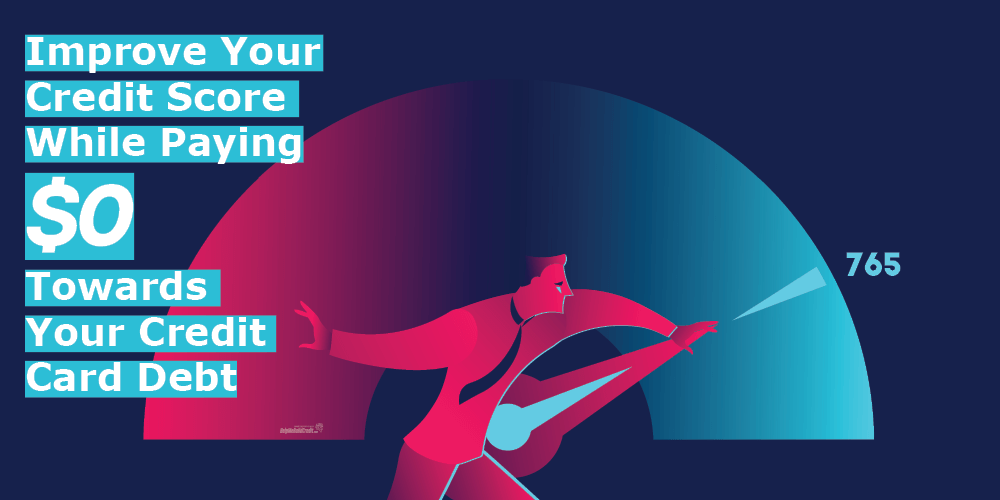


0 Comments